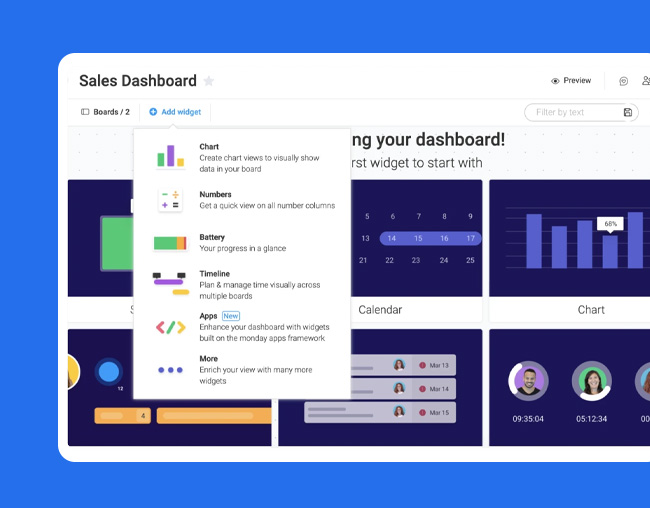When you’re running an online store, it’s crucial to regularly check how things are going. Ecommerce metrics play a significant role in this evaluation process.
These metrics are essentially measurable data points that give you insights into various aspects of your business. For instance, they can tell you things like the average order value, how frequently visitors are making purchases on your site, or the cost of acquiring a new customer.
Understanding these metrics is key to gauging the overall performance and success of your ecommerce venture. We’ll guide you through the top 20 metrics that are essential for your online store and explain how you can track them effectively.

Sales conversion rate
Sales conversion rate is a critical metric to monitor for your online store. Although we’re not prioritizing these metrics, it’s widely recognized that your conversion rate holds significant importance.
Your conversion rate (CVR) represents the percentage of website visitors who actually make a purchase out of the total number of visitors to your site.
Customer acquisition costs
Your customer acquisition costs (CAC) indicate the average expense incurred to acquire a new customer. This metric is essential for evaluating the efficiency of your marketing efforts.
To calculate CAC, divide the total amount spent on marketing by the number of new customers acquired. For instance, if you invested $1,000 in a monthly ad campaign and gained 100 new customers, your CAC would be $10 per customer.

Top products by units sold
You can easily access the “Top products by units sold” metric on your Shopify analytics dashboard. This valuable data highlights which of your products are selling the most, allowing you to anticipate inventory needs and plan for future product creation.
Refund and return rate
The refund or return rate measures the proportion of products that customers send back for a refund or exchange.
A high return rate might indicate various issues such as product quality concerns, unmet customer expectations, or inefficiencies in the sales process. Monitoring this metric enables you to identify and address these underlying issues.
For example, if your online electronics store sells 1,000 units in a month but receives 100 returns, resulting in a 10% return rate, it could signify potential problems with your products. This discrepancy from industry norms may point to issues like product quality inconsistencies or discrepancies between product descriptions and the actual items.

Organic keywords ranked
Tracking organic keywords is crucial for understanding how your website is performing in search engine results. Organic keywords are the search terms that lead users to your site through unpaid, natural search engine traffic.
Overall, tracking organic keywords empowers you to optimize your website’s visibility, content strategy, and SEO performance to attract more organic traffic and drive business growth.
–
Website traffic
Website traffic is a vital metric, reflecting the volume of visitors accessing your site. Monitoring traffic trends enables you to assess your online presence, evaluate marketing strategies, and optimize content to drive engagement and achieve business objectives.